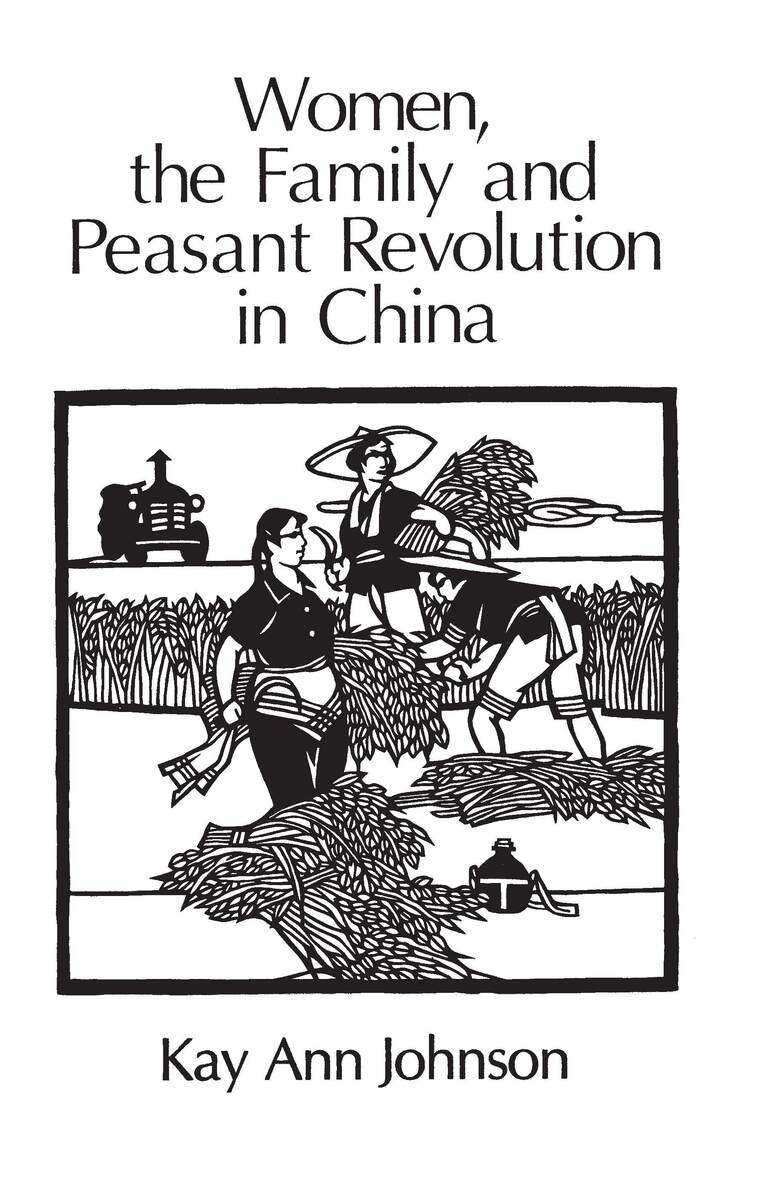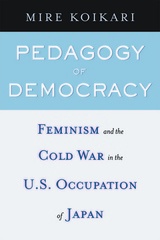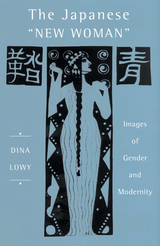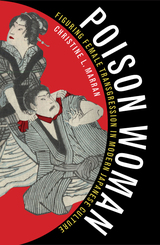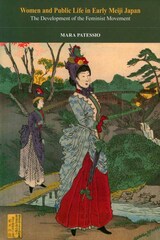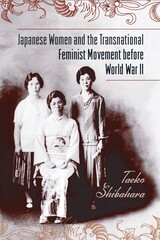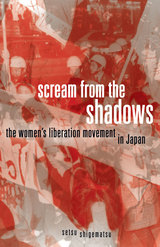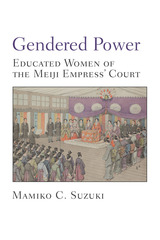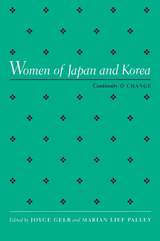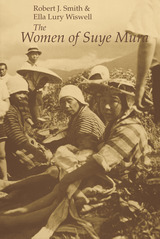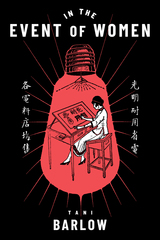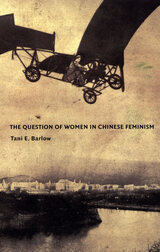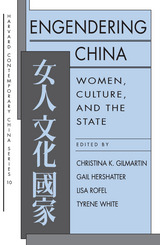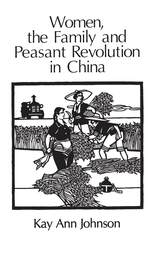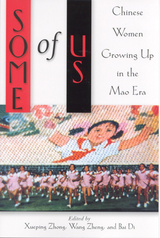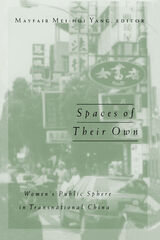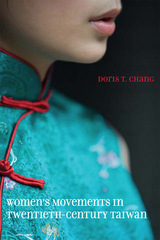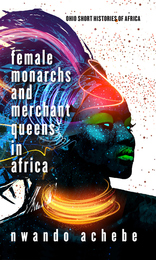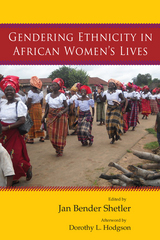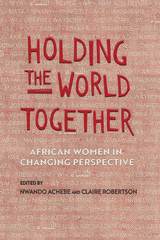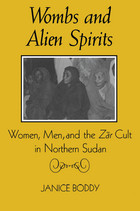Women, the Family, and Peasant Revolution in China
University of Chicago Press, 1983
Paper: 978-0-226-40189-8 | Cloth: 978-0-226-40187-4 | eISBN: 978-0-226-40194-2
Library of Congress Classification HQ1767.J63 1983
Dewey Decimal Classification 305.40951
Paper: 978-0-226-40189-8 | Cloth: 978-0-226-40187-4 | eISBN: 978-0-226-40194-2
Library of Congress Classification HQ1767.J63 1983
Dewey Decimal Classification 305.40951
ABOUT THIS BOOK | AUTHOR BIOGRAPHY | TOC | REQUEST ACCESSIBLE FILE
ABOUT THIS BOOK
Kay Ann Johnson provides much-needed information about women and gender equality under Communist leadership. She contends that, although the Chinese Communist Party has always ostensibly favored women's rights and family reform, it has rarely pushed for such reforms. In reality, its policies often have reinforced the traditional role of women to further the Party's predominant economic and military aims.
Johnson's primary focus is on reforms of marriage and family because traditional marriage, family, and kinship practices have had the greatest influence in defining and shaping women's place in Chinese society. Conversant with current theory in political science, anthropology, and Marxist and feminist analysis, Johnson writes with clarity and discernment free of dogma. Her discussions of family reform ultimately provide insights into the Chinese government's concern with decreasing the national birth rate, which has become a top priority. Johnson's predictions of a coming crisis in population control are borne out by the recent increase in female infanticide and the government abortion campaign.
Johnson's primary focus is on reforms of marriage and family because traditional marriage, family, and kinship practices have had the greatest influence in defining and shaping women's place in Chinese society. Conversant with current theory in political science, anthropology, and Marxist and feminist analysis, Johnson writes with clarity and discernment free of dogma. Her discussions of family reform ultimately provide insights into the Chinese government's concern with decreasing the national birth rate, which has become a top priority. Johnson's predictions of a coming crisis in population control are borne out by the recent increase in female infanticide and the government abortion campaign.
See other books on: Confucianism | Johnson, Kay Ann | Rural conditions | Socialism | Women peasants
See other titles from University of Chicago Press
